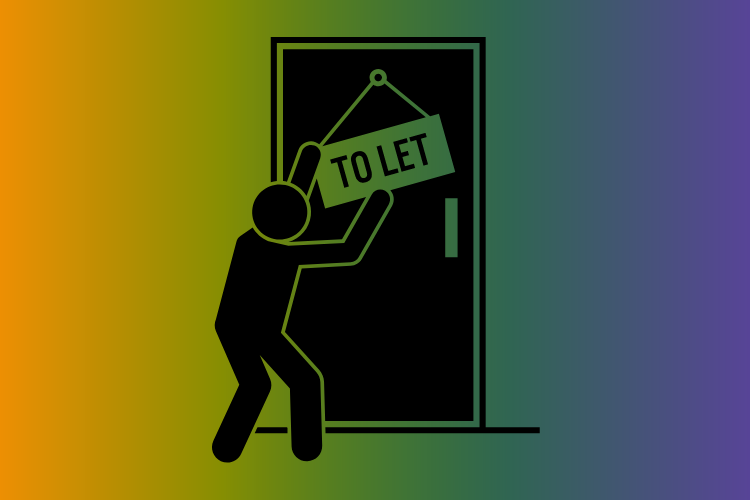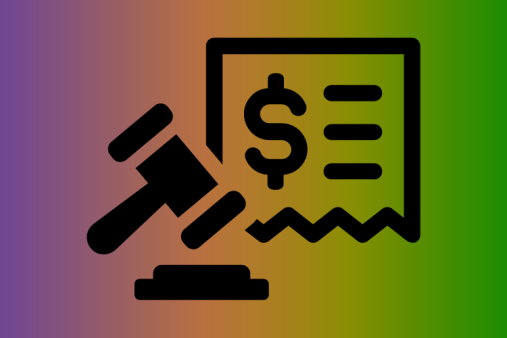Making the most of your rental properties
Many people see getting into the landlord game as easy money. What could be simpler – get a property, do it up, let it out and watch the money roll in. If only it were so easy. Every landlord knows that legislation and the rental market can be challenging at times. However, there are a few simple ways to keep cash flowing through your business even when economic conditions are tough.
Avoid empty rental periods
It sounds obvious, but if your property is sitting empty, you won’t be earning any money. It’s always best to get longer term tenants when possible, and try to minimise gaps between tenants by starting looking for new renters before the tenancy comes to an end. If you let property on a short term basis, such as with holiday property, it can pay to be flexible over price in quiet periods. Know your market and what your competitors are offering.
Keep your costs down
If you don’t want to manage your property yourself, you’ll have to pay someone to do it for you. Fees charged by property managers and letting agents can vary hugely between 10% and 20% of the rent. There’s a balance to be struck though; you want to find an agent who offers a great service, but at a cost which you are willing to pay. Don’t automatically assume that the most expensive agent will be the most efficient.
Make sure your rent Is competitive
The internet makes it really easy to do your research and see what other similar properties are charging as rent. It’s harder to change the rental amount once the tenancy agreement has been signed, so use any space between tenants to reassess what you’re charging. Put a clause into your tenancy agreements to give you the right to increase the rent annually in line with inflation.
Inspect your property regularly
Most tenants are great and will look after your property as if it were their own. However, a rogue tenant can cause very expensive damage to your property. Make sure you are inspecting the property regularly, or getting your agent to do it for you. Regular inspections can flag up minor repair issues before they develop into major, expensive problems. Make sure you have an inventory drawn up which can be checked at the start and end of every tenancy, with an agreement that tenants will pay for damages.
Know the law and tax rules
It’s your job to keep up to date with any changes in the law affecting rental properties. Not having the right gas certificate or licence could result in a fine, decreasing your profits. There are several landlord websites which provide guidance on any changes affecting you. Similarly, it’s worth using an accountant to submit your annual tax return. Accountants will know what allowances you can claim, and which expenses you can set against tax. Keep all receipts connected with property expenses and give them to your accountant well before the deadline for submitting your tax return paperwork.





